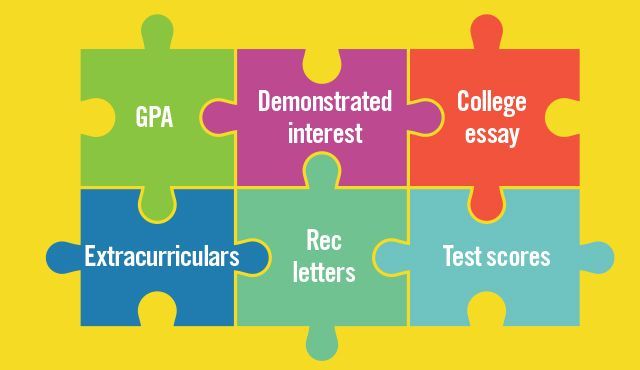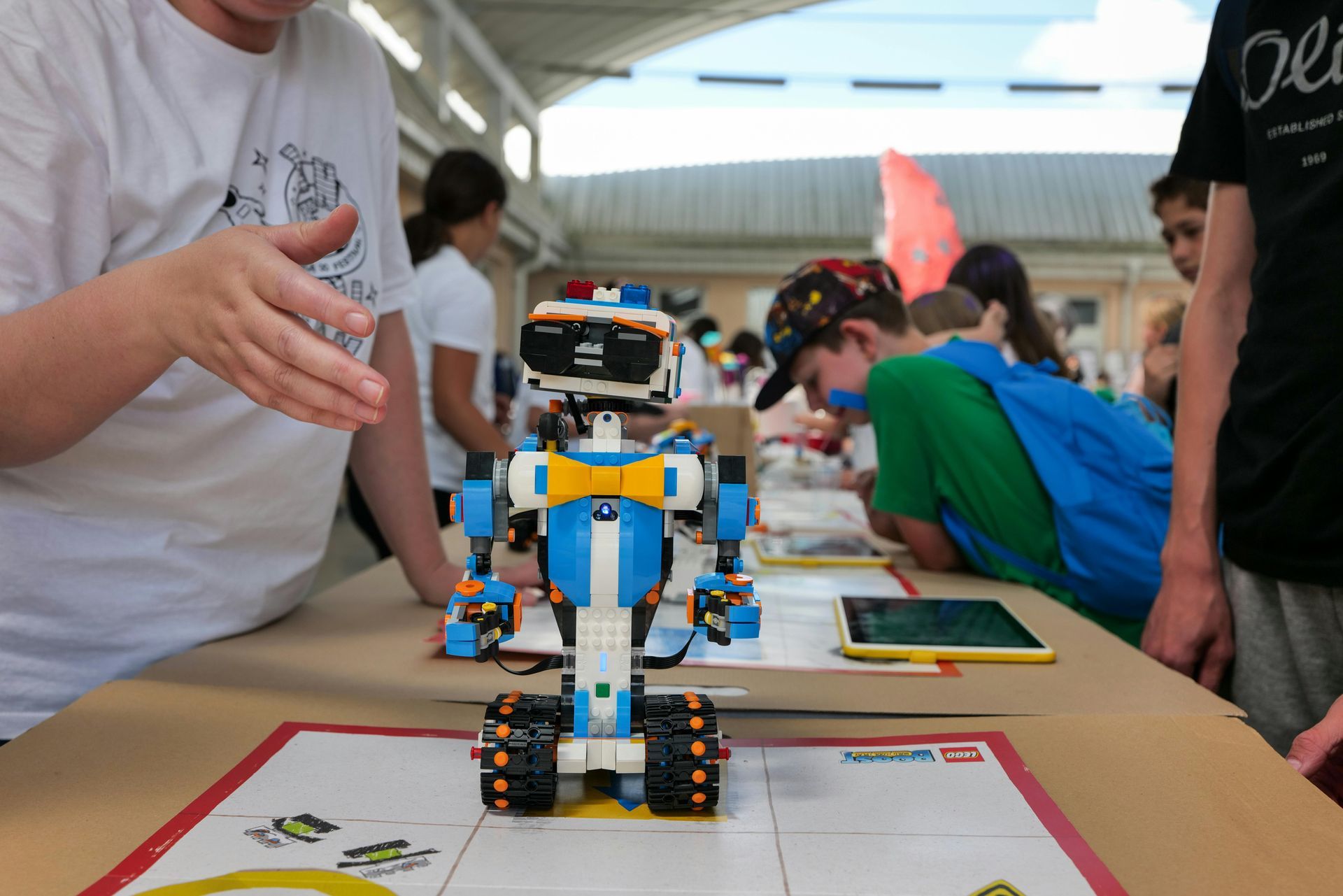Early Stage Activity Planning (Grades 7, 8, and 9)
Can a 1530 SAT Score Get You into Princeton?
Let me share a real case. One of our students scored 1530 on the SAT. Her dream school was Princeton, and she was very worried that her score might hold her back. Do you think she had a chance? In the end, she got accepted. So, test scores are not the most critical factor—your overall competitiveness is.
Today we’re talking about early-stage activity planning. If you’re already in Grade 12, this advice may not apply as you’re likely short on time. But for younger students, your biggest advantage is time.
Principle 1: The "Winner Takes All" Rule
What does "Winner Takes All" mean? Let’s take the example of the world’s three greatest tenors: Pavarotti, Domingo, and Carreras. To the average person, their singing may sound similar, but if you only had one chance to attend a concert, 90% of people would choose Pavarotti because he is the most famous. College admissions work the same way. A real example: a student we had before made to the national finalist in the Chemistry Olympiad but was not admitted to MIT. That’s the “Winner Takes All” rule—you need to be in the top 1% to 5% in your activity. Whether it's Model UN, research, or competitions, the best rule is to be the best.
Here are three takeaways from this principle:
1. If you’re in the top 1% to 5% of any field, admissions officers will take notice.
2. The difficulty of an activity matters less than your ranking. For example, winning a national Model UN might be easier than a national violin award, but they have a similar impact.
3. Choose activities that highlight your academic interests, personal qualities, and/or talents. In short, activities should connect with your application theme.
Principle 2: Time Management
Many students worry about balancing top-tier activities with heavy schoolwork. This is where time management comes in.
To save time while maintaining quality:
1. Learn effective note-taking.
2. Preview material and go to class with questions.
3. Focus for 45 minutes, then take a 10-minute break.
4. Put away your phone.
5. Don’t set unrealistic goals.
6. Sleep when you’re tired.
Following these can cut your time spent on schoolwork by 40-50%. With time freed up, you can focus on activities that boost your college application. There are three specific strategies in terms of how to allocate your time to plan activities.
1. Block out regular time each week for activities, like every Saturday morning or after school.
2. Build a reading habit. It improves focus, writing, and helps you find long-term interests. Read what you enjoy—travel, tech, history, etc. No need to force yourself to read classics.
3. Join school clubs. They’re the most accessible resources. Expand outside school only when your needs and interests grow, usually around Grade 10.
Principle 3: Focus Your Energy
To be the best in any field, you need not only time management but also focus. This means not just giving your full attention while doing something, but also narrowing your efforts to just a few things.
Why?
“Bonus Points from Admissions Officers”: If you're truly exceptional in a field, admissions officers give you extra admiration beyond your achievements. One student competed in physics from elementary school through to international competitions. These accomplishments formed a powerful narrative, earning them this admiration.
“Less is More”: Don’t fill your résumé with easily replicable activities. Focused, meaningful achievements are far more impactful. No admissions officer wants to admit a “peacock” student—someone who looks flashy but lacks depth.
Principle 4: Innovation Principle
Now, what kinds of activities should you do? Many students think being unique is the key. That logic is only partly correct--standing out matters—but it's often misunderstood.
Let me explain. First, in fields like STEM, the highest-value competitions are few and widely known. If you want to take the competition path, you can’t avoid these. If you’re doing research, the metrics for evaluating it are similar. It’s like dancing with shackles—you work within a framework. But it doesn’t mean you must do something no one else has ever done. Instead, find a way to be different within the things everyone else is also doing. That said, you can certainly innovate and create something original. For example, we had a student who applied for business started his own company, and student applied for economics conducted field research. But these efforts came after brainstorming with a clear idea and goal, and planed execution. If you're just trying to be different for the sake of it, and only then start looking for ideas or projects, you're putting the cart before the horse.
















